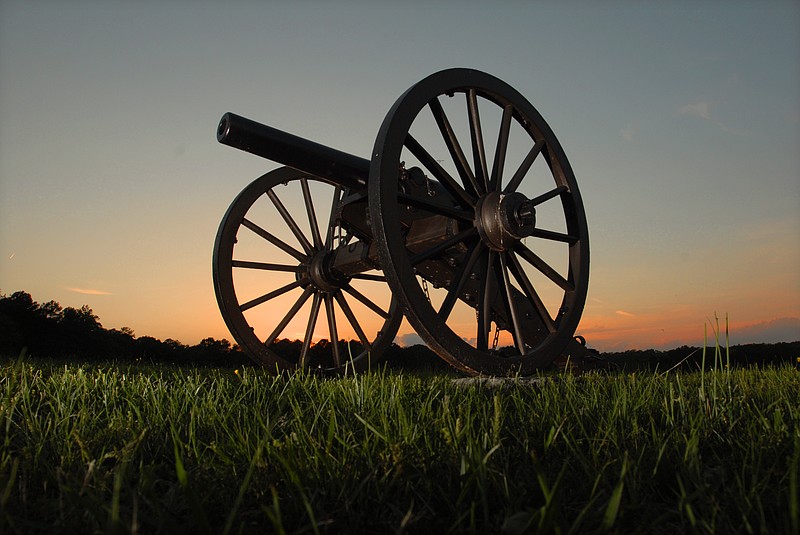A proposed bill would allow fourth-graders and their families to continue using federal land for free.
The legislation permits every fourth-grader and their family free access to all federally managed land, water and historic sites, including national parks for free and is an extension of the Every Kid in a Park campaign, started in 2015.
The new legislation would codify the program into law and allow it to continue officially for the forseable future.
"We sing about and believe in America the beautiful, and one of the best ways to experience that beauty is to explore our national parks," Sen. Lamar Alexander (R-TN) wrote in a statement. "I grew up next to the Great Smoky Mountains National Park, which means I really grew up in the park, and made many of my childhood memories there. It is my hope that fourth-graders – and their families – across the country will take some time to explore our country's national parks and create their own memories."
Alexander and Sen. Martin Heinrich (D-NM) introduced the legislation to the Senate while Congresswoman Niki Tsongas (D-MA), Congressman Scott Tipton (R-CO), Congresswoman Diana DeGette (D-CO) and Congresswoman Elise Stefanik (R-NY) introduced the bill in the House.
While politicians trust the program will continue to be a success, it will not be working on the honor system.
A one-year pass is available for all fourth-graders at www.everykidinapark.gov. Representatives with the National Parks Service will continue visiting classrooms this upcoming school year across the country, giving passes to the students they visit, explaining the importance and opportunities awaiting at federally protected land.
Most sites charge per vehicle, so those in a private, non-commercial vehicle with the fourth-grader are able to enter for free. For sites that charge per person – or for those who walk or bike to the sites – each fourth-grader with a pass can bring three accompanying adults.
So why fourth-graders?
The age group wasn't chosen at random. The Every Kid in a Park's website explains the decision to choose fourth-graders:
"Research shows that children ages 9 to 11 are in the midst of a particularly unique developmental stage. During which, they form a more concrete understanding of how the world works, they are more receptive to new ideas, and they are most likely to have positive attitudes about nature and the environment. By focusing efforts specifically on fourth graders, the initiative aims to ensure kids have the opportunity to visit and enjoy federal lands and waters during this developmental stage."
The bill is a way of getting people outside. It encourages increased public/private partnerships between schools, federal land and organizations, according to a release from Alexander, and contributed to the record-setting visitation to national parks in 2016.
"Our national parks and public lands are outdoor classrooms with endless opportunities to learn and make memories," Heinrich said. "Connecting kids to the outdoors can inspire a lifelong connection to conservation, while reaping all of the health benefits that go along with an active lifestyle. The Every Kid Outdoors Act will give fourth graders and their families free access to explore the rich natural and cultural history on display in our parks, forests, and monuments."
Locally, families can use their passes to visit the Chickamauga & Chattanooga National Military Park, Point Park, the Chattahoochee River National Recreation Area, the upcoming Moccasin Bend national park land and approximately 2,000 other locations across the country.
